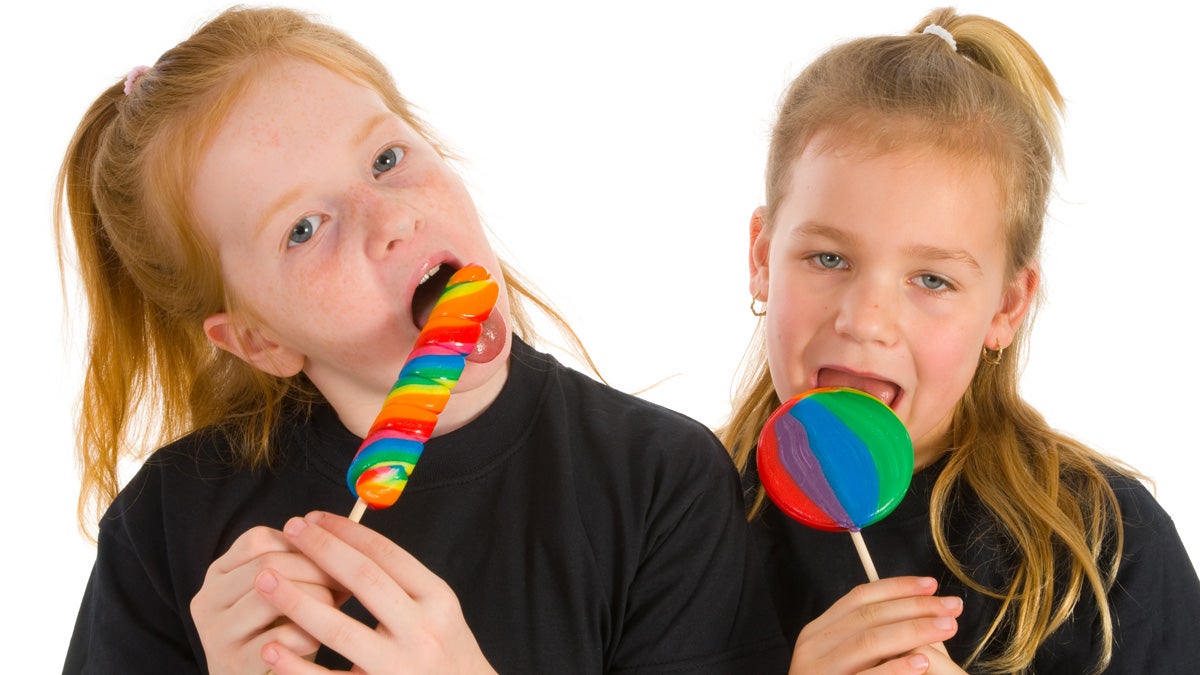Finding the sweet spot: Twin study shows differences in sweet sensitivity partly genetic
 Photo via ShutterStock) " title="shutterstock_25387771" width="1" height="1"/>
Photo via ShutterStock) " title="shutterstock_25387771" width="1" height="1"/>
The Monell study, which spanned 12 years, the team asked hundreds of pairs of identical and fraternal twins and their siblings to rate the potency of four sweeteners.(Photo via ShutterStock)
Why do some people dump packet after packet of sugar into their morning coffee while others happily sip it black? According to a new study by researchers at the Monell Chemical Senses Center in West Philadelphia, part of the answer lies in our genes.
In the study, which spanned 12 years and was published this month in the journal Twin Research and Human Genetics, the team asked hundreds of pairs of identical and fraternal twins and their siblings to rate the potency of four sweeteners.
“If one twin gave a very weak response — they didn’t get much intensity from one sweetener — their co-twin was very similar if they were genetically identical,” said Danielle Reed, a behavioral geneticist at Monell and a co-author of the study. “But there wasn’t a big relationship if they were not genetically identical.”
The scientists calculated that genes account for about 30 percent of the difference in sweet sensitivity between people.
“Some people were very, very insensitive to sweeteners, even at a higher concentration,” said Reed, who was surprised by the observation.
Although the study did not investigate whether that led those participants to favor desserts or drinks that others find sickly sweet, she said it was possible, just as people who are hard of hearing will turn up the volume of the radio.
The most unexpected finding, however, was how little the “shared” environment, or the types of experiences each twin has in common with the other, contributed to the variation in sweet taste perception.
“Many parents try to curtail the amount of sweet and sugar kids eat,” said Reed. “What our research shows is that really didn’t have much effect on how the children later perceived sweetness.”
The four sweeteners tested included glucose and fructose, commonly found in fruits and vegetables, as well as two no-calorie sugar substitutes. Individual participants generally rated aspartame, for example, as very sweet if they said the same about glucose, suggesting a single set of genes is responsible for tasting natural and artificial sweeteners.
As for the genes responsible, Reed said some of them are known, but researchers are currently working on tracking down more of them.
“There’s up to 100 genes that are involved in [the ability to hear],” she said, “and we think that that situation is probably the same for sweet taste, too.”
WHYY is your source for fact-based, in-depth journalism and information. As a nonprofit organization, we rely on financial support from readers like you. Please give today.

